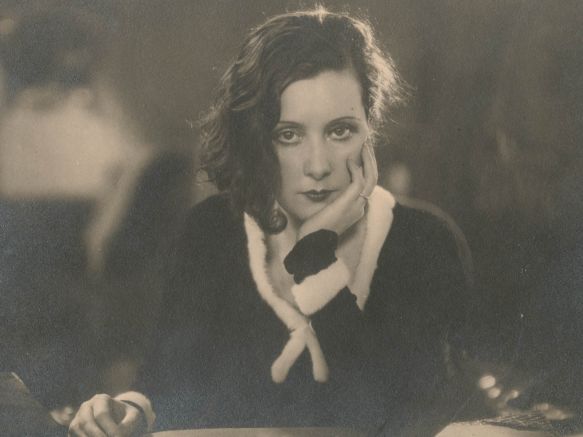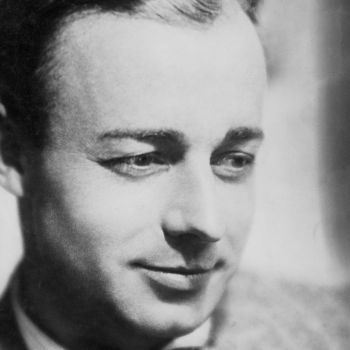The archival collection that came into the Kinemathek in 1994 originated from Willibald Eser, author of the (auto-) biography ‘Ich war die Dame’, published in 1979. In addition to copies of the film magazines ‘Illustrierten Film-Kurier’ (1931 to 1940) and ‘Illustrierten Film-Bühne’ (1948 to 1961), it contains theatre programmes, film stills, portrait photos, star postcards, and an album with autographed cards. These archival materials are enhanced by film and theatre reviews, interviews, reports on Dagover’s engagement for animal protection and written documents in tribute to her on special birthdays (based on her assumed year of birth in 1897, which was first corrected to 1887 after Dagover’s death). There are also obituaries and biographical reviews.
Among the official documents written to Dagover are congratulatory telegrams from the prime minister of Bavaria, Alfons Goppel, and from German Chancellor Helmut Schmidt, a 1947 questionnaire from the Office of Military Government for Germany (in which only the answers are legible) and a letter from the Federal Ministry of the Interior on the awarding of the Bundesfilmpreis (previous name of the German Film Award) for Best Supporting Actress in Harald Braun’s ‘Königliche Hoheit’ (1953).
Correspondence from Lilian Harvey, Erich Pommer and Fritz Lang is of a private nature. Two letters stand out: the first from Peter Dohmen, a Belgian war prisoner whose flight from Sachsenhausen concentration camp was supported by Lil Dagover in 1945; and another from the former soldier Josef Baum, who addressed her support of the troops in Vitebsk in 1943 (both letters are dated 1972). (Text: Mirko Wiermann)
ContentPhotography, Paper documents
Dimensionapprox. 0.4 Shelf meter
Credit LineLil-Dagover-Archiv, Deutsche Kinemathek

